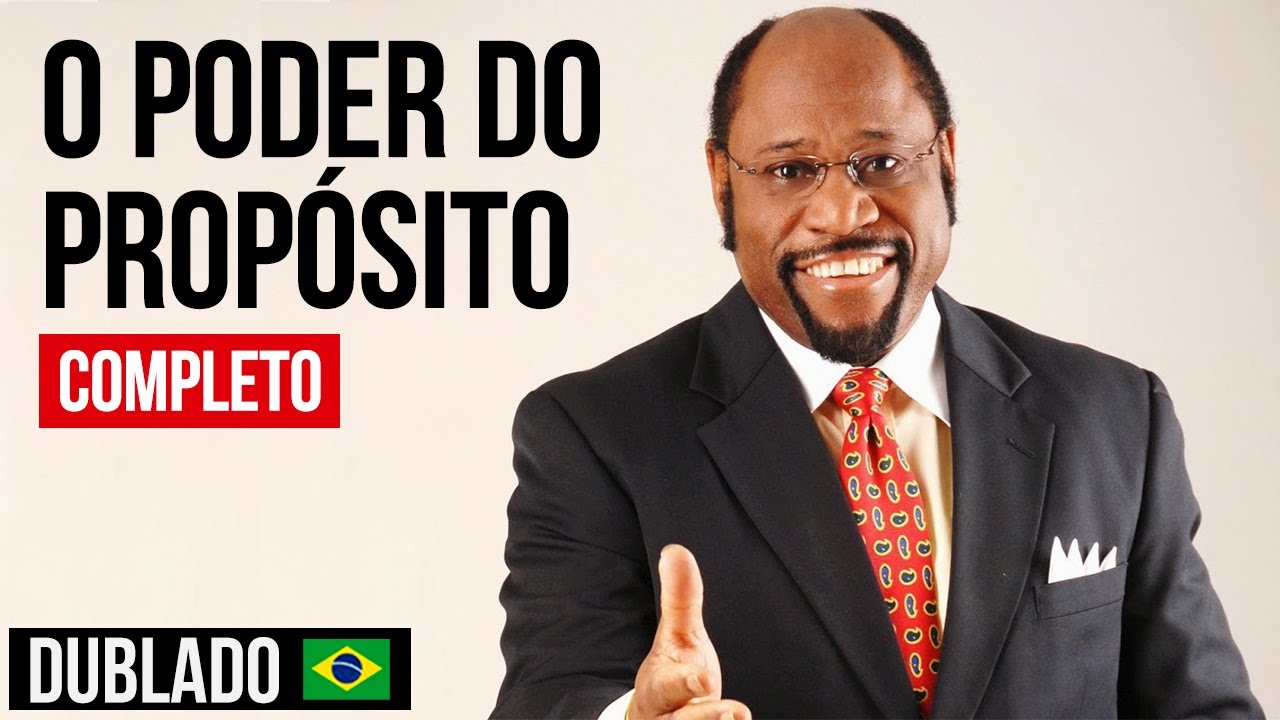Social movements - a primer: Toby Chow at TEDxUofIChicago
Summary
TLDRThe speaker passionately advocates for social change, emphasizing that true movements unite individuals with a common purpose and direction. Drawing on historical examples like the Civil Rights Movement, they illustrate how focused campaigns can lead to transformative societal shifts. The speech highlights the personal risks involved in activism, addressing both external dangers and internalized societal pressures that discourage engagement. Ultimately, the speaker calls on the audience, particularly students, to confront injustices and become active participants in creating meaningful change in today's society.
Takeaways
- 😀 Social change is necessary and urgent, as many aspects of society are in dire need of improvement.
- 😀 True social movements are defined by a collective goal and unified action, not just gatherings of people.
- 😀 Successful movements often go beyond the expectations of participants, creating deeper societal transformation.
- 😀 The Occupy movement, despite its visibility and shared grievances, lacked a unified direction and strategy.
- 😀 Historical movements like the Civil Rights Movement mobilized diverse groups and made significant societal changes.
- 😀 Small, focused campaigns can inspire larger movements, as seen with the Montgomery Bus Boycott leading to broader civil rights efforts.
- 😀 Personal engagement in movements requires confronting both external opposition and internal doubts.
- 😀 Activism often involves risks and sacrifices, with historical figures like Rosa Parks exemplifying the courage needed.
- 😀 Everyone faces internalized voices that may discourage them from taking action, particularly those from marginalized backgrounds.
- 😀 Getting involved in movements can lead to personal liberation while also contributing to societal change.
Q & A
What is the main theme of the speech?
-The main theme is inspiring social change and understanding the role of social movements in achieving that change.
How does the speaker define a social movement?
-A social movement is characterized by a unified group of people taking collective action towards a common goal, aiming for systemic change.
What critique does the speaker offer about the Occupy movement?
-The speaker critiques the Occupy movement for lacking direction and unity, arguing that it did not constitute a true social movement despite its widespread recognition.
What metaphor does the speaker use to illustrate the dynamics of social movements?
-The speaker uses the metaphor of 'little fish' confronting a predatory 'big fish' to describe how social movements can unite individuals against oppressive systems.
What historical example does the speaker use to illustrate effective social movements?
-The Civil Rights Movement is highlighted as a transformative example, showcasing how collective action achieved significant societal changes.
What role does personal risk play in social movements, according to the speaker?
-Personal risk is essential for participation in social movements; individuals must confront both societal opposition and internal doubts about their involvement.
How does the speaker relate personal experiences to the theme of social change?
-The speaker shares their own internal struggles and societal expectations, illustrating how these challenges can discourage individuals from taking action for change.
What is the significance of the Montgomery Bus Boycott mentioned in the speech?
-The Montgomery Bus Boycott is significant as a pivotal moment that sparked the Civil Rights Movement, demonstrating how localized efforts can lead to broader systemic change.
What does the speaker suggest individuals do to contribute to social movements today?
-Individuals are encouraged to identify societal issues that need change, connect with organizations, and engage in campaigns that challenge oppressive systems.
What personal liberation does the speaker mention in the context of social activism?
-The speaker notes that confronting internalized voices that discourage activism can lead to personal liberation, empowering individuals to engage more fully in social movements.
Outlines

This section is available to paid users only. Please upgrade to access this part.
Upgrade NowMindmap

This section is available to paid users only. Please upgrade to access this part.
Upgrade NowKeywords

This section is available to paid users only. Please upgrade to access this part.
Upgrade NowHighlights

This section is available to paid users only. Please upgrade to access this part.
Upgrade NowTranscripts

This section is available to paid users only. Please upgrade to access this part.
Upgrade NowBrowse More Related Video

Is Humanity Doomed? | Carl Jung on Healing a Sick Society

READY NEUTRO - BEM-VINDO 2025 (MMXXV)

Social workers as super-heroes | Anna Scheyett | TEDxColumbiaSC

The Problem With Design Thinking (And 3 Ways We've Seen It Work At Companies)

Qual é o Seu Propósito? - Myles Munroe (DUBLADO) | Pregação Completa

6 Must-Watch Hitchens Debates
5.0 / 5 (0 votes)